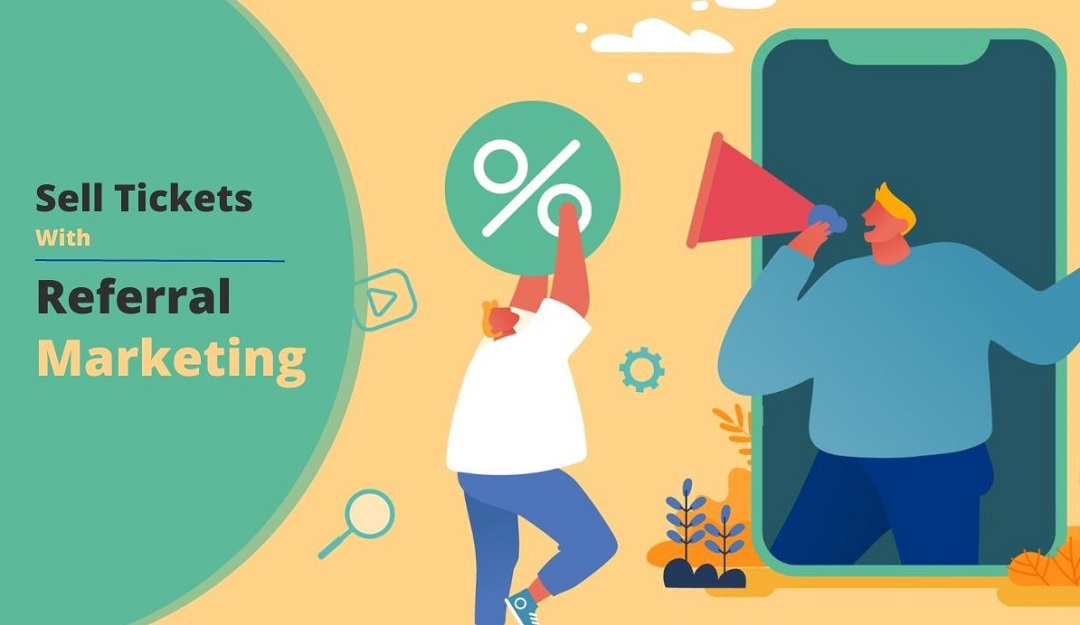Referral marketing is a powerful strategy for businesses looking to increase ticket sales and grow their customer base. By offering incentives to existing customers to refer new customers, companies can tap into the power of word-of-mouth marketing and reach a wider audience. In this article, we will analyse the steps businesses can take to create and promote a referral program and provide tips for making the referral process easy and effective. Whether you’re a concert promoter, sports team, or theatre company, these strategies can help you sell tickets and bring in new customers.
The Basics of Referral Marketing
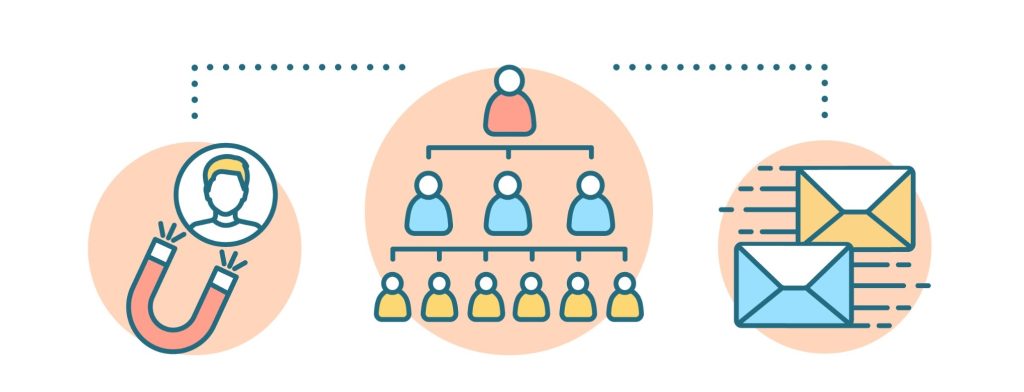
Referral marketing is a plan in which businesses encourage existing clients to refer new customers to the company. This method typically offers incentives or rewards to customers who refer others to the business. The referrals can come in the form of direct recommendations or through a referral program, a system set up by the industry to track and reward referrals. The goal of referral marketing is to increase brand awareness and drive sales by leveraging the trust and credibility of existing customers to attract new customers. It is considered a cost-effective way of marketing and customer acquisition, as the customers are more likely to trust and buy from a business recommended by their friends, family or someone they know.
Is referral a good marketing strategy?
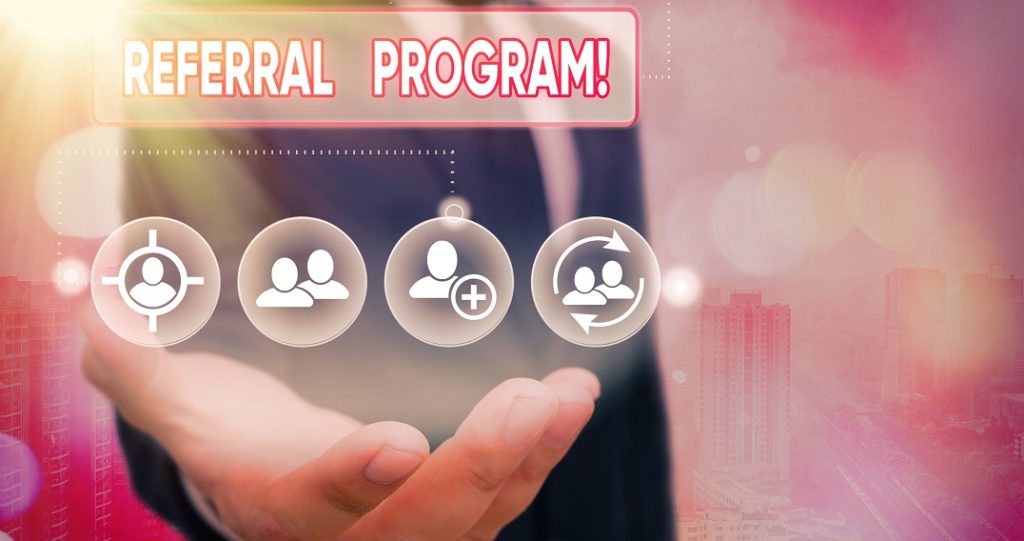
Referral marketing refers to an effective strategy for businesses. It relies on current customers promoting a company’s products or services to friends, family, and other contacts. This strategy can be done through referral codes, links, or other methods. Since these recommendations come from people the potential customer knows and trusts, they are often more likely to convert into actual sales. Additionally, referral marketing can be less expensive than traditional forms of advertising and can lead to more loyal customers. However, having a good referral program in place is essential, incentivising customers to refer their friends and making it easy for them to do so.
How referral marketing works
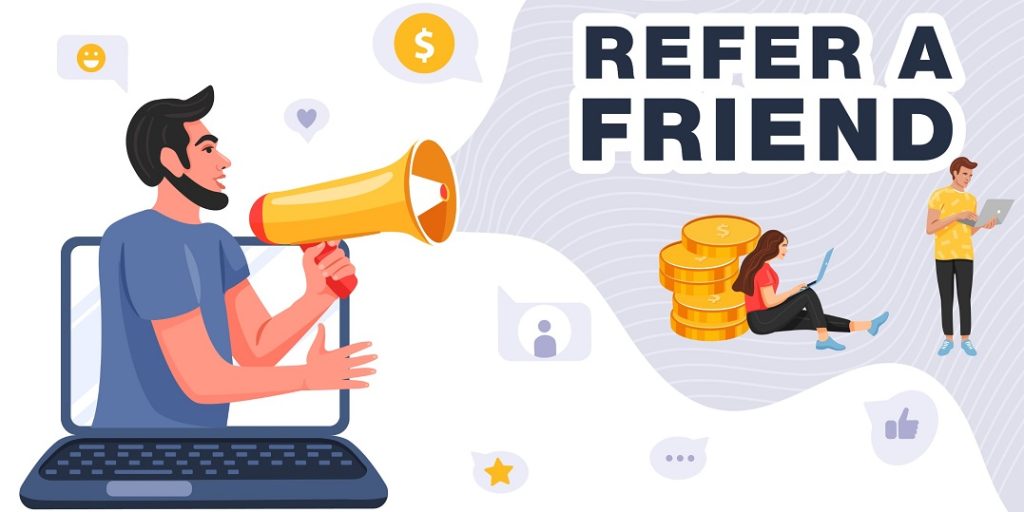
Referral marketing is a system in which businesses encourage current customers to refer their friends and family to the company’s products or services. This can be done through referral codes, links, or other methods.
When customers make a referral, they typically receive a reward or incentive, such as a discount on their next purchase or a cash reward. The referred customer also often gets a premium, such as a discount, on their first purchase.
The referral process can take place online, through email or social media, or offline, through word of mouth. The key to a successful referral marketing program is to make it easy for consumers to refer their friends and provide an incentive.
Referral marketing can be an effective strategy for businesses because it relies on word-of-mouth recommendations. According to Marketshare, Word-of-mouth has improved marketing effectiveness by up to 54%. Clients are more likely to trust recommendations from people they know and trust, which can increase the likelihood of a sale. Additionally, referral marketing can be less expensive than traditional advertising forms, leading to more loyal customers.
To maximise ticket sales from your referral program, you can use these three tactics:
1. Provide unique referral links to customers on the purchase confirmation page
Providing unique referral links to customers on the purchase confirmation page is a great way to encourage them to share the event with their friends and family. By having the link readily available and easy to access, customers are more likely to use it. This also allows you to track the referral program’s success by measuring how many tickets were sold through the referral link.
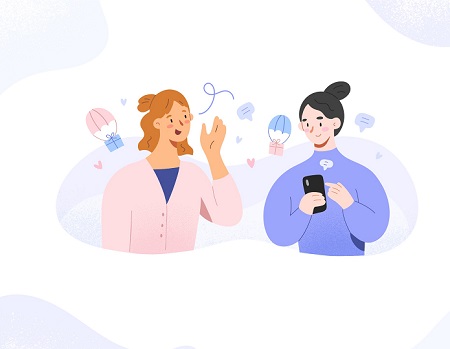
2. Integrate referral links into your pre-event email marketing schedule
Integrating referral links into your pre-event email marketing schedule is another way to increase ticket sales. By including the link in email blasts and reminders, you are reminding customers to share the event and make it easy for them to do so. This can also help increase the number of referrals and the likelihood of the referred person purchasing the ticket.
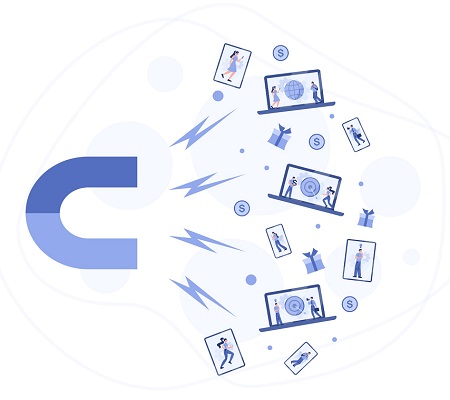
3. Add a page to your website outlining how your referral program works
Adding a page to your website outlining how your referral program works is an excellent way to ensure customers understand the program and how to participate. This can include the referral link, how to use it, and any incentives for participating. This also allows customers to find the information they need quickly and can increase their trust in your program.
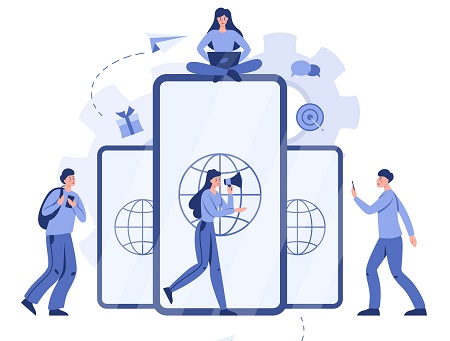
How to Use Referral Marketing to Sell More Tickets?
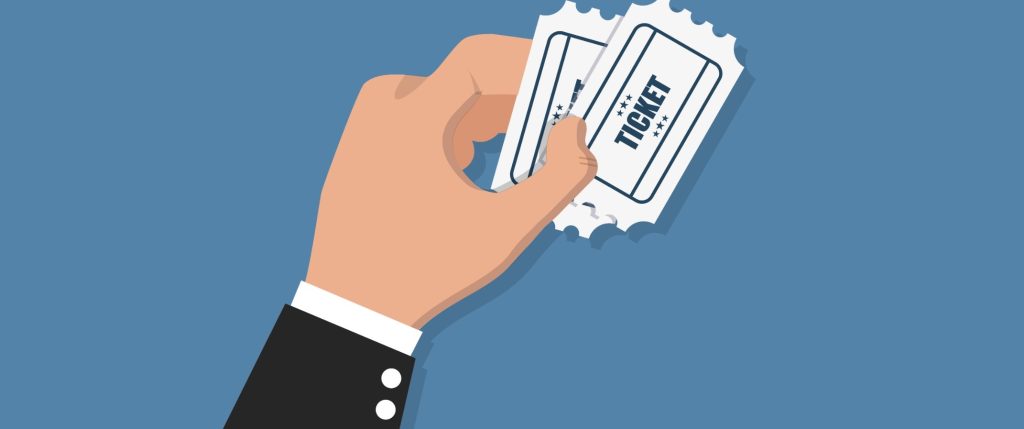
Referral marketing is a strategy that incentivises existing consumers to refer their friends and family to your event or ticket sales. Here are a few ways to use referral marketing to sell more tickets:
1. Creating referral incentives-
Creating referral incentives is a way to motivate existing clients to refer their friends and family to your event. Statistics show that more than 50% of people are likely to give a referral if a direct incentive, social recognition, or access to an exclusive loyalty program is proposed. These incentives could be discounts, free tickets, or other rewards for the referrer and the person they refer. This helps to increase the likelihood that customers will refer others and helps to drive more ticket sales.
If you’re interested, you can take a quick look at How to Sell Tickets for an Event: The Complete Guide
2. Leveraging social media for referral campaigns–
Social media is a powerful tool for promoting referral campaigns. By sharing referral information and incentives on social media, you can reach a larger audience and increase awareness of your referral program. This can be done through social media posts and ads.
3. Utilising referral program for attendees–
You can also use referral programs to encourage attendees to refer others to your event. This can be done by offering incentives for attendees who refer others, such as discounted or free tickets to future events. This can build brand loyalty and increase ticket sales for future events. Additionally, it’s a great way to gather more information about your attendees’ social circle and expand your reach.
4. Make it easy-
The referral process should be straightforward for customers to understand and participate in. This could include creating a referral link or code that customers can share with their friends and family or having a referral program integrated into a customer’s account on your website. 83% of customers are willing to refer after a positive shopping experience – make it easy!
5. Utilise email marketing-
Email marketing can effectively promote the referral program to existing customers and encourage them to participate. This could include sending out regular reminders and updates on the referral program and highlighting any current special promotions or rewards.
6. Track and reward-
It’s essential to track the progress of the referral program and reward customers for their participation. This could include providing discounts or cash rewards for each referral that leads to a ticket sale or offering a special prize for customers who refer the most people. Tracking the progress of the referral program will also allow you to identify which customers are most likely to refer others and target them in your marketing efforts.
7. Leverage Influencer Marketing–
Partner with social media influencers to publicise your referral program and reach a larger audience. Influencers have an extensive following and can help to generate buzz around your event, resulting in more ticket sales.
8. Make Referral Sharing Easy–
Make it easy for customers to share referral links by providing them with pre-written messages, easy-to-use referral links, and CTA buttons. Statistics show that customers are 4x additional likely to share when the sharing CTA is integrated into their journey, not on a hidden landing page on your website. This will make it more likely that customers will participate in the referral program and share your event with their friends and family.
9. Be Creative
Get creative with your referral program by offering unique rewards or incentives, such as exclusive access to VIP areas at the event or exclusive merchandise. This can make your referral program more appealing and increase the number of referrals. Additionally, you can create a referral program with gamification elements to make it more engaging and fun for customers.
How do referral programs increase sales?
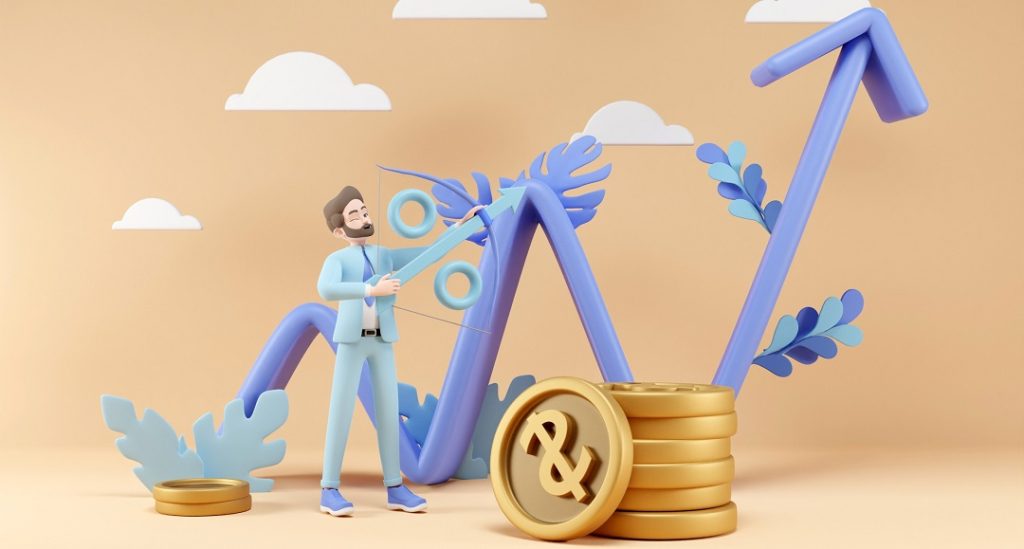
Referral programs increase sales by leveraging the power of word-of-mouth marketing. Buyers are more likely to suggest a product or service to their friends and family when they are happy with a product or service. According to Neilsen, 92% of consumers trust referrals from people they know. A referral program incentivises customers to make these recommendations by offering rewards, such as discounts or cash, for each referral that leads to a sale. This can drive more sales and attract new customers to the business. Additionally, referral programs can help to build brand loyalty and trust, as customers are more likely to trust recommendations from people they know.
How do you promote referral marketing?
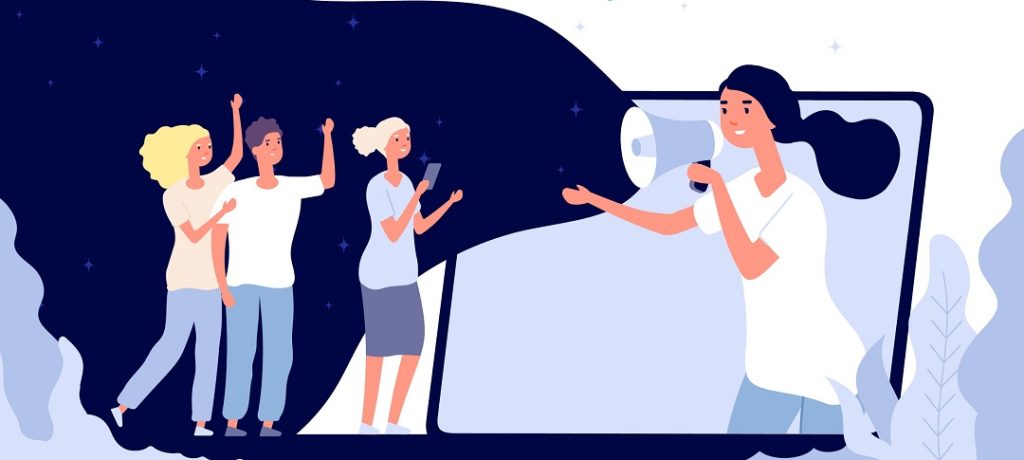
There are several ways to promote a referral marketing program:
- Email marketing: Email existing customers promoting the referral program and explaining the benefits and rewards for participating.
Read More: How to Sell More Tickets with Your Event Email Marketing
- Social media: Use social media platforms to promote the referral program and create a sense of community among customers. 71% of consumers are more likely to purchase found on social media referrals.
- In-store promotion: Promote the referral program in-store by displaying flyers, posters, or signs.
- Influencer marketing: Partner with social media influencers to promote the referral program and reach a larger audience.
- Referral landing page: Create a referral page on your website where customers can refer their friends and family to your business.
- Onboarding: Incorporate referral program information in the onboarding process for new customers.
- Customer service: Train customer service representatives to promote the referral program during customer interactions.
- Gamification: Create a referral program with gamification elements to make it more engaging and fun for customers.
It’s also essential to ensure that the referral program is easy to understand and participate in and that the rewards are attractive to customers.
In conclusion, referral marketing is a subtle yet powerful technique that can boost sell tickets for your event. While it may seem counterintuitive, referral marketing is about something other than directly advertising your event but rather leveraging the potency of word-of-mouth marketing. By incentivising existing customers to refer their friends and family, you can tap into the trust and credibility that they have established with their network.
Moreover, if you are in trouble, EventBookings‘s seamless integrations can help you launch a referral marketing program with minimal setup and no initial expenses is simple. The incentives offered to ambassadors are only restricted by your creativity. The more imaginative you are, the more likely your attendees will be to earn them.
